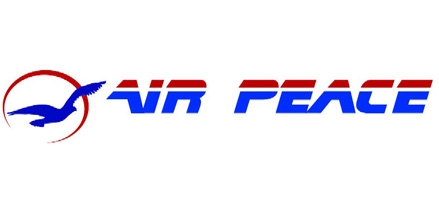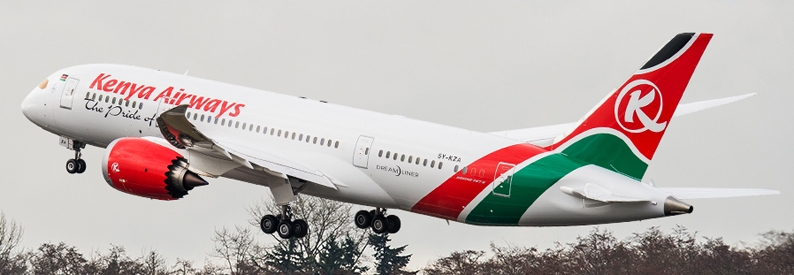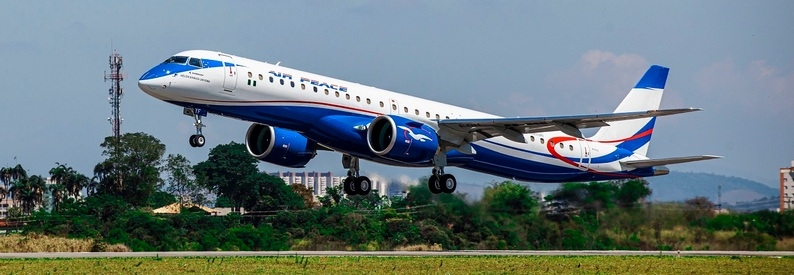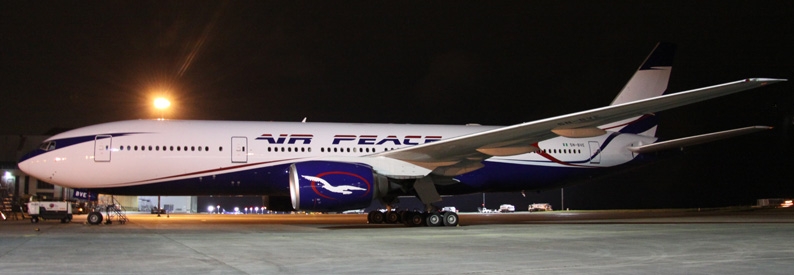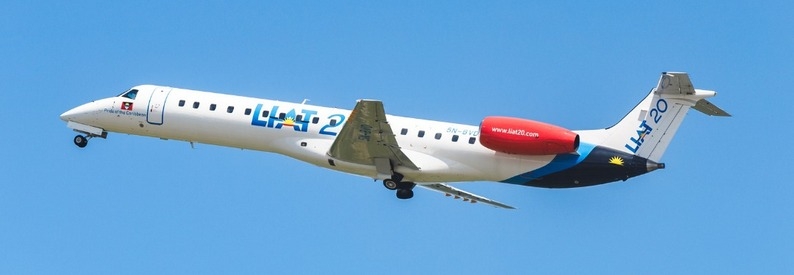The Nigeria Civil Aviation Authority has introduced new regulations requiring all scheduled passenger airlines - start-ups and established carriers - to operate at least six aircraft to ensure they have the financial and operational capacity to maintain reliable and regular operations.
This was the word from NCAA Director-General Musa Nuha during an online news briefing over the weekend, reports The Cable and Punch newspaper. He said the new requirement applied to new entrants and existing airlines, the latter having been given a deadline to comply with the new policy.
Nigeria previously required scheduled passenger operators to have only three aircraft before commencing commercial operations, but Nuha said this was insufficient to ensure reliable service. "The problem is that a lot of the airlines don't even have the capacity to meet current financial obligations," he explained. With only three aircraft, he said, operators struggled to meet service obligations when one or two units went out of service, resulting in cancellations and flight delays. "If everybody has one or two aircraft, we will keep having this recurring problem. We have to avoid that. For you to have six aircraft shows you have a very strong financial background of running an airline," he added.
Nuha acknowledged the new policy would be reviewed should circumstances change. "If the situation changes, the regulation will be reviewed accordingly. Whenever it is necessary, we don't have to wait for five years before we make amendments."
Nuha said while Nigeria had many airlines, only a few were operating with a sufficient number of aircraft. "There are more aircraft in Nigeria's registry than the entire West Africa. From records, about 12 years ago, we had only 16 AOCs (air operator's certificates); right now, we have 32, out of which 12 are scheduled operators. We cannot keep operating the way we are operating. Changes have to come in, and we have started the process," he stated.
According to the ch-aviation Commercial Aviation Aircraft Data module, Nigeria's 12 scheduled carriers include Aero Contractors, Air Peace, Arik Air (in administration), Azman Air, Dana Air, Green Africa Airways, Ibom Air, MaxAir (Nigeria), Overland Airways, Rano Air, United Nigeria Airlines, and ValueJet. Of these, only Air Peace has more than six aircraft in service at present; the rest of the fleets range from no active units (Dana Air) to five operational aircraft (Overland Airways).
Meanwhile, the NCAA announced it has agreed on a civil aviation master plan (CAMP) for Nigeria with the International Civil Aviation Organization (ICAO). Nuhu and ICAO Secretary General Juan Carlos Salazar Gómez signed an agreement to this effect during a recent visit to Montreal, Canada, the NCAA said in a statement.
Nuhu said: "This is a major step in repositioning the nation's aviation industry to attain its full potential and make significant contributions to its economic growth and development. All relevant stakeholders within and outside the aviation ecosystem will be involved in developing and implementing the CAMP". No further details on the plan were disclosed.
